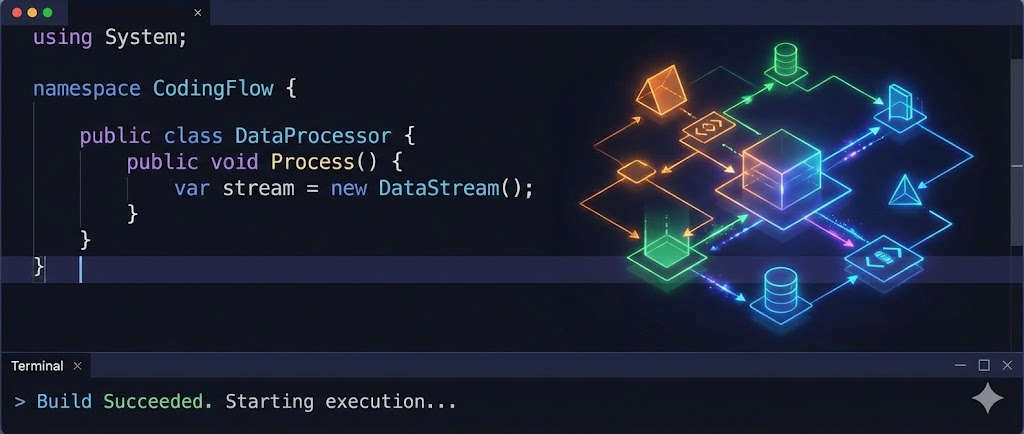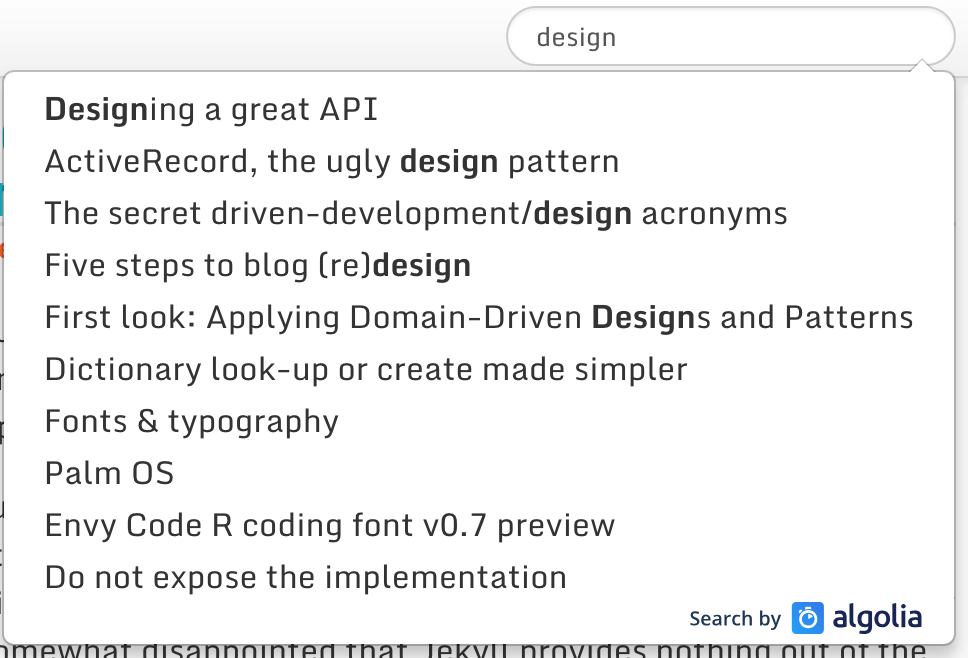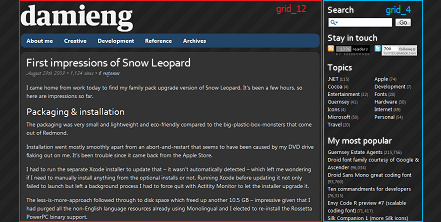7 blog posts tagged Jekyll

From CircleCI to GitHub Actions for Jekyll publishing
I've been a big fan of static site generation since I switched from WordPress to Jekyll back in 2018. I'm also a big fan of learning new technologies as they come along, and now GitHub Actions are out in the wild; I thought this would be an opportunity to see how I can port my existing custom CircleCI build to Jekyll.

WordPress to Jekyll part 6 - A faster build
My site goes back to 2004 and is reasonably sized but not massive even with the comments, so waiting 30 seconds for a change to reflect is disappointing.

WordPress to Jekyll part 5 - Hosting & building
The next stage is considering where to host the site and whether to use a content delivery network (CDN). My preferred approach on other sites has been to:

WordPress to Jekyll part 4 - Categories and tags
Jekyll does support categories and tags directly but doesn't support the pagination of categories and tag list pages. The Paginate-v2 gem does solve this - and also lets you tweak the URL format.

WordPress to Jekyll part 3 - Site search
Site search is a feature that WordPress got right. Analytics also tells me it is popular. A static site is at a disadvantage, but we have some options to address that.

WordPress to Jekyll part 2 - Comments & commenting
I do enjoy discussion and debate, whether designing software or writing articles. Many times the comments have explored the subject further or offered corrections or additional insights and tips. They are vital on my blog, and I was disappointed that Jekyll provides nothing out of the box to handle them.

WordPress to Jekyll part 1 - My history and reasoning
It's hard to believe it was 13 years ago, back in a cold December on the little island of Guernsey, when I decided to start blogging. I'd had a static site with a few odd musings since 2000, but this was to be more regularly updated and with technical content. Blogspot seemed the easiest way to get started.